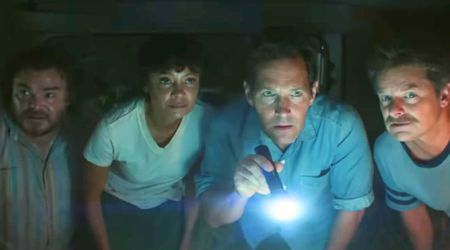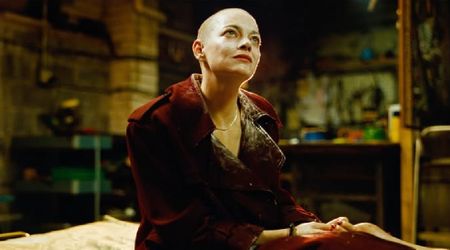'Citizen Bio': Who was Aaron Traywick? Late biohacker wanted to create publicly available cures and stop aging

In April 2018, the body of 28-year-old Aaron Traywick was found unconscious in a sensory deprivation isolation tank in a float spa. After an autopsy of Traywick's body was done, it was found that he had accidentally drowned with the drug ketamine in his system. However, Traywick's death was like no other potentially drug-induced accidental drowning case.
When he died, there were other rumors floating around. Did Traywick's DIY herpes vaccine, which he injected himself with after pulling his pants down at a biohacker conference, kill him? Or perhaps, did the Food and Drugs Administration (FDA) orchestrate his death because of the dangers that Traywick's vision posed to the big pharma industry?
While the latter may have been a bit out of reach, Traywick's goals of making inexpensive medical treatments available open-source, so that certain companies would not profit from disease, had raised eyebrows. Traywick himself did not have any background in science or formal training in clinical medicine. He was, what is known as, a biohacker. Biohackers are people who use themselves as lab rats to test out experimental drugs.
Traywick's own long-term goal was to find and address the root cause of aging and death. And while it may seem too farfetched, that is, in fact, the goal of many well-to-do biohackers: to be able to reverse the aging process and therefore, extend the lifespan.
Even former Facebook president Sean Parker was a proponent of this weird science. He once told Time magazine, “Because I’m a billionaire, I’m going to have access to better healthcare so… I’m going to be, like, 160 and I’m going to be part of this class of immortal overlords.”
At just 28, Traywick had earned his name among the biohacking sphere over the support he showed the field. He would recruit others who were interested in the same goals as he did and sponsor them — and he could do so. Traywick was the CEO of Ascendance Biomedical, a company whose goal was to develop and test new gene therapies without the expense and rigor of clinical trials or the oversight of the FDA.
Traywick wanted to cure cancer, herpes, HIV, and even aging, and he wanted to do it without having to deal with the rules and safety precautions of regulators and industry standards.
Ascendance would offer funding, lab equipment and promised profit-sharing with those willing to work with the company to develop extremely experimental therapies. For biohackers, Ascendance was a godsend — here was a company that was giving them actual scientific equipment and the money to properly experiment as opposed to the self-tinkering they would do in their own backyard with shoddy lab equipment they found on the internet.
In return, these biohackers gave Ascendance relatively cheap labor and even added to the message that Traywick wanted to make medicine an open-source field.
However, Traywick's death set the biohacking field back as much as he propelled it forward. At the time of his death, only two months had passed since he publicly injected himself with the herpes vaccine. Soon, people were wondering whether the vaccine had anything to do with his death. Other biohackers knew Traywick's theatrical tactics would make them look serious, and by the time he died, he was mostly alienated from the biohacking world.
At the conference where he tested the herpes vaccine on himself, it was later revealed that there was no informed consent — it was not until after he injected himself that he bothered to ask what the contents of the syringe were. He was also causing concern with other biohackers over his plans to distribute HIV gene therapy in Venezuela and while he was questioned over its lack of ethics, he seemed suspiciously vague. Moreover, it also looked like he was going back on his promise to keep everything open and the biohackers he was working with were disturbed by it.
While freely and widely available medicine might still be a long way off — and whether Traywick truly helped the field or not — it cannot be denied that Aaron Traywick was perhaps one of the earliest pioneers in the field, even if most of it was very showbusiness-like. Traywick is the subject of Showtime's latest documentary, 'Citizen Bio', which airs on the channel on Friday, October 30, at 9/8c.










